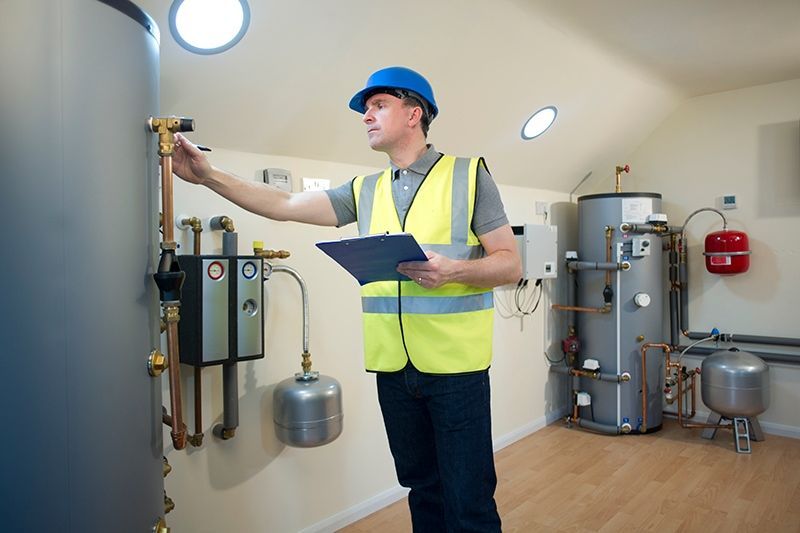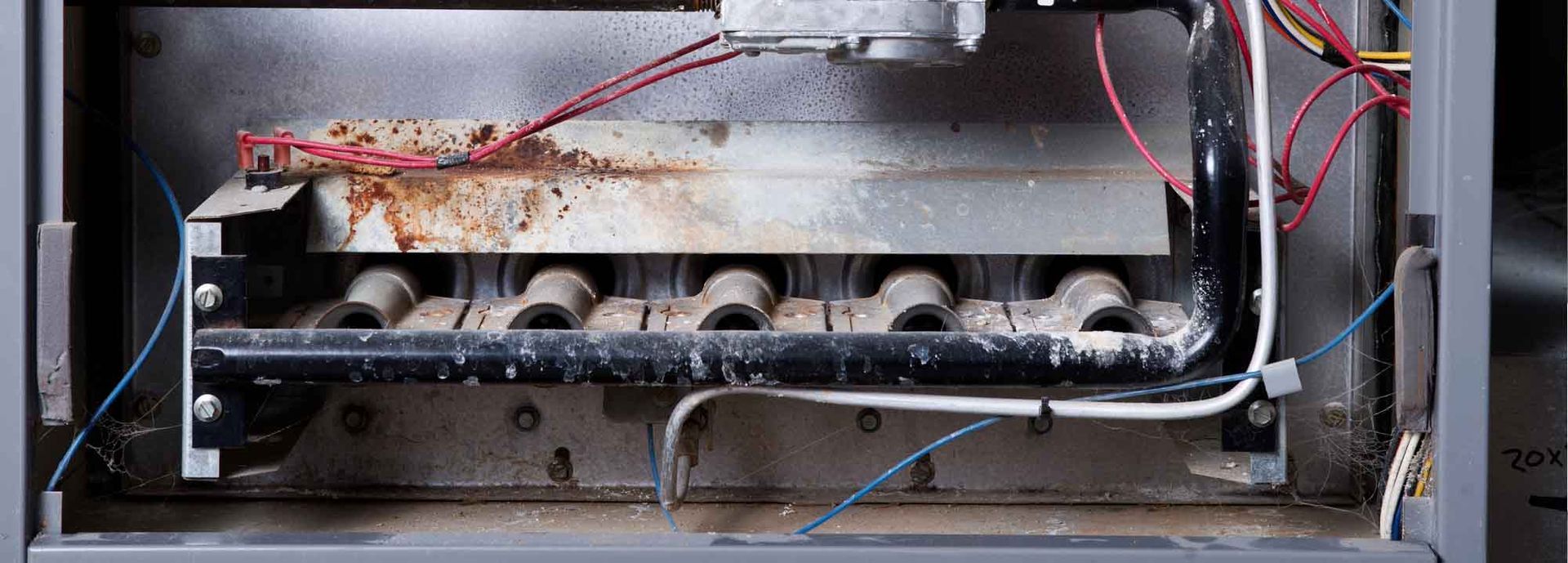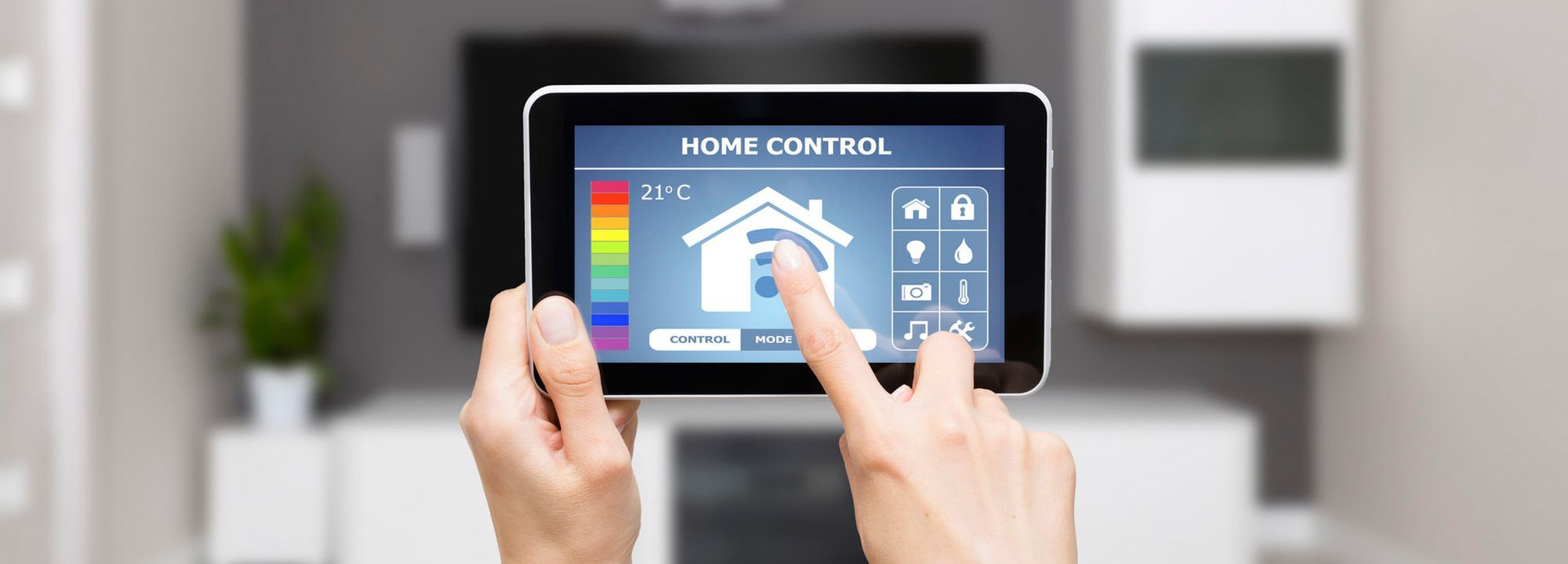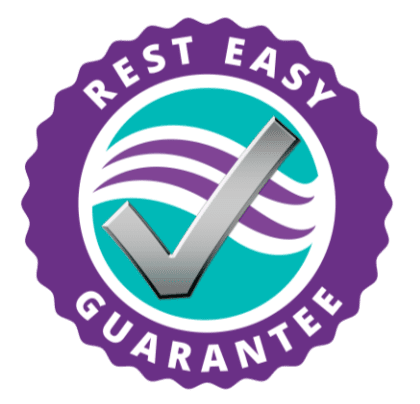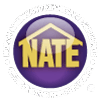Call for Service
843-305-5728
Call 843-305-5728 to schedule service or installation
Blog | Financing | Now Hiring | Call 843-305-5728
Is My Furnace Overheating?
Just about any electrical appliance has the potential to overheat. Furnaces are no exception. As a homeowner, you need to take precautions to lower the risk of an overheated unit. You should also be wary of the associated symptoms, so you know when to take action. Remember, if your system gets too hot, you should keep a cool head and get your furnace taken care of right away.
We want to keep our customers in the know about overheating furnaces. Our team here at Coastal Air Plus in Myrtle Beach compiled the following information for you.
How Do I Prevent My Furnace From Overheating?
The main way to keep your furnace from overheating is ensuring correct airflow. Hindered airflow causes the system’s components to work abnormally hard, causing them to overheat.
Here’s how to keep your appliance in check:
- Get a correctly sized filter.
- Not every filter is created equal. Some filters create a resistance your system isn’t designed to handle. Be sure to read the manufacturer’s recommendations on correct filters, and consult a heating, ventilation, and air conditioning (HVAC) expert if you’re still not sure.
- Change/clean your filter routinely.
- If you let the dust settle for too long, your filter can become clogged. This clog significantly compromises airflow, which causes the machine’s parts to overwork and eventually fail. Check the manufacturer’s manual to see how frequently you need to change your filter. We, as well as ENERGY STAR®, typically recommend at least every three months.
- Be sure your vents/ducts aren’t blocked.
- Blockages in your vents are hard on your furnace, causing the equipment to run for too long. Be sure to clear away any obstructions near and/or on them, including carpets, furniture, and curtains. Additionally, keep your ducts clean and free of any leaks or constrictions.
- Have a technician perform routine maintenance.
- Regular maintenance, annually or semiannually, is a necessary step in protecting the condition of your system. One of our Coastal Air Plus technicians will clean any dirty coils, fasten loose components, and be sure the system is performing optimally. This will significantly lower the risk of a malfunction.
How Do I Know My Furnace Is Overheating?
When your furnace overheats, it loses some or all of its functionality. Therefore, it probably won’t go unnoticed. Here are some giveaway signs:
- Your furnace shuts down before completing a cycle.
- This is the most common sign of overheating. It actually shuts down to protect you. When your heat exchanger gets to an unsafe temperature, the high-limit switch detects this and automatically turns the furnace off.
- You smell a burning odor.
- If you’ve just turned on your South Carolina furnace for the first time in a while, you can expect a slight burning smell for about 20 to 30 minutes. However, a constant burning smell is a serious cause for concern. Call one of our professional technicians immediately.
- You notice an unusual humming sound.
- A loud humming noise likely means your motor is overworked and about to give out. In this case, you should immediately turn your furnace off (if it doesn’t turn off on its own first). Then call one of our experts immediately.
Don’t let an air conditioning or plumbing problem interrupt your day and disrupt your comfort. Contact Coastal Air Plus today for prompt, professional service at 843-305-5728.
Coastal Air Plus is South Carolina’s preferred choice for heating, cooling, and plumbing service, maintenance, and installation.
We've created lasting relationships with home and business owners in the Grand Strand since 1947.
SC Mechanical Contractor #M111694
Heating, Cooling, Plumbing Coupons
Air Conditioning Special
Plumbing Special
Special Financing Offer
Schedule a Service Appointment
Service Area
Water Heater Financing
Furnace and Heating Financing
Home Service Membership Plans
Rest Easy Quality Service Guarantee
Five-Star Google Reviews
Coastal Air Plus – Myrtle Beach
843-305-5728
156 Rock Moss Road
Myrtle Beach, SC 29588
Coastal Air Plus – Charleston
843-305-5728
1777 Harmon Street
Charleston, SC 29405
Coastal Air Plus | Privacy | Accessibility | Site Map
